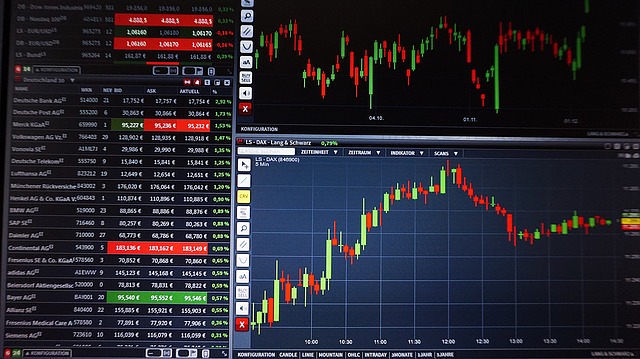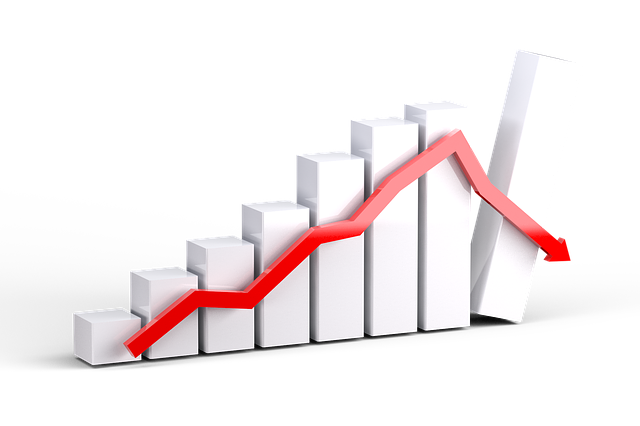Stock growth in and of itself is not an indicator that an economy is transplanted to a stable place. The stock market focuses primarily on the profitability of various companies and the amount of money in circulation.
How do you explain the unusual movements in the stock market this February (2018)? Analysts commented: since the second half of 2016, the stock market was stable, with little volatility, and stock prices were rising rapidly. Then, apparently, some large investors decided to take profits, causing a chain reaction that led to panic. Fear of rising interest rates also played a role.
Panic in the stock market
The February “stock episode” may also have been triggered first by a drop in volatility and then by large funds floating blocks of stocks they owned. The market then panicked and the value of equity derivatives fell to lows.
In February 2018, stock prices fell, reflecting cheap funds. Interest rates have been at their lowest levels for a long time (about 10 years) and are now finally starting to slowly rise. This is of course reflected in the movement of stocks. However, inflation is still quite low as consumer prices are fairly stable and people are investing rather than saving. Inflation is reflected in real estate prices, which increases the value of equities. Today, people in the Czech Republic are investing in real estate and buying stocks instead of buying “useless” things like buying a new car or spending money on expensive vacations. The fact that central banks have purchased large amounts of stocks has also added to this.
How is insurance arranged?
What do you want to say in conclusion? While this February stock market decline is only a slight break in a stable process that has been going on for several years with little change, another decline is probably in the offing, and this is probably related to concerns about the end of monetary easing policy. The concern is that rising interest rates will cause people to stop buying new homes and real estate, and that stock prices will begin to fall. And the rule here is that the winners will be those who buy stocks during an easy monetary policy and sell quickly during a tight monetary policy.